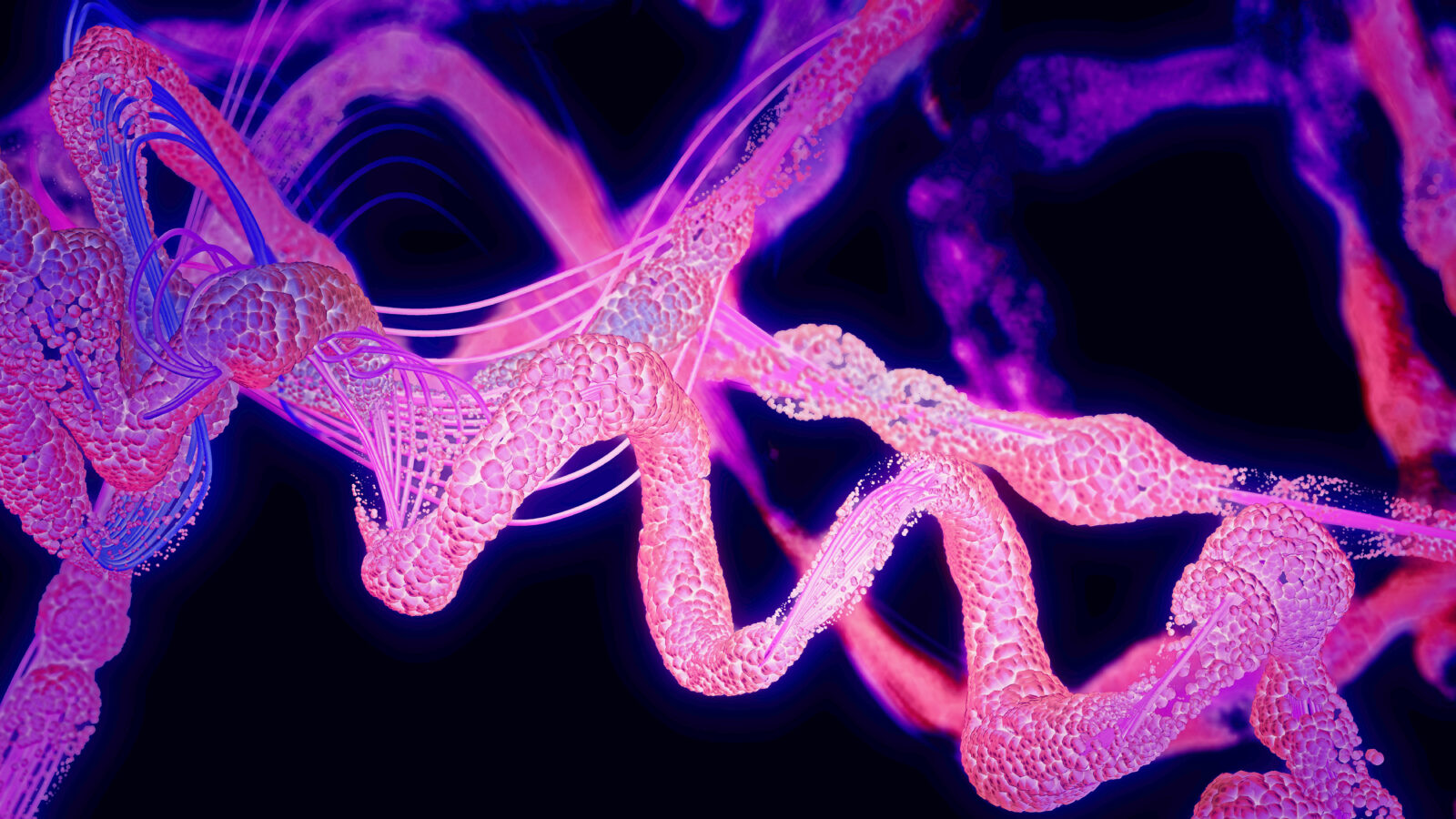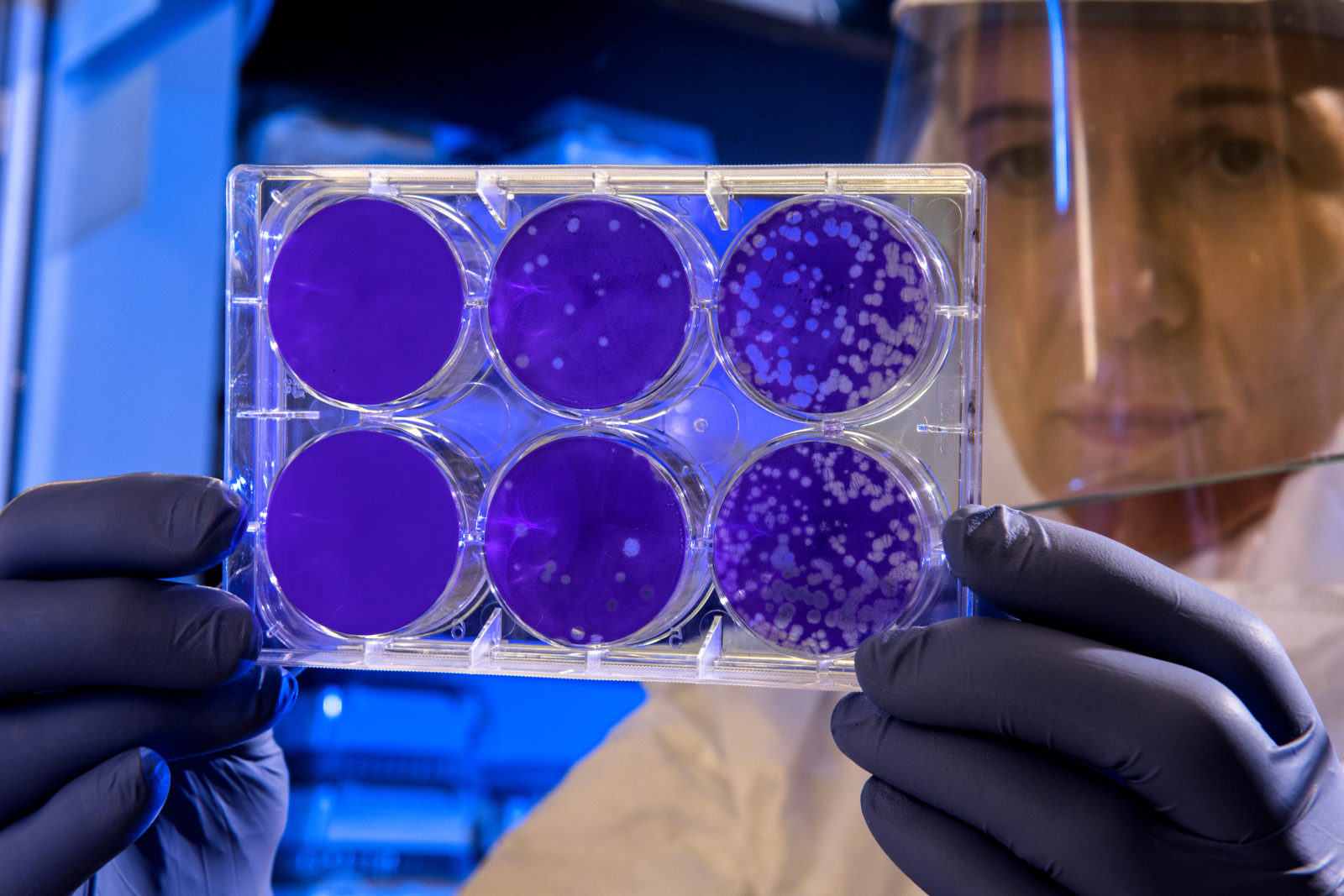
The Edge of Evolution
From C-SPAN2’s Book TV, Michael Behe talks about his book, The Edge of Evolution: The Search for the Limits of Darwinism (Free Press). Behe argued that advancements in the science of genetics reveal that the process of evolution is driven far more by pre-existing design than by random mutation and natural selection, the foundations of Darwin’s theory of evolution. After Read More ›





